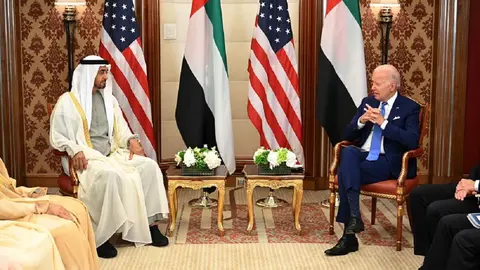Arab capital inflows into China break investment records
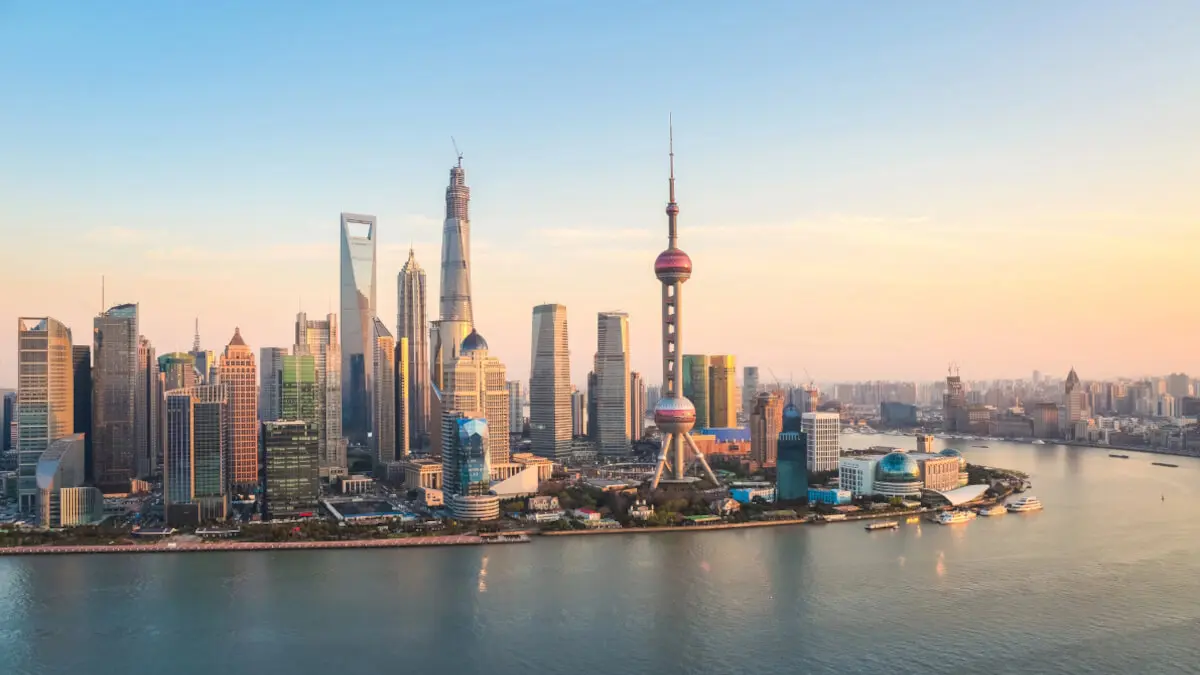
The Arab world's richest companies have focused their investment on the Chinese market even as capital inflows from the rest of the world have declined. In particular, the Abu Dhabi Investment Authority has participated in an $8.3 billion deal with Dalian Wanda Group's shopping mall management unit, together with the Mubadala Investment Fund in Abu Dhabi.
Part of the investment was provided by Lenovo, which sold $2 billion of convertible bonds to the Saudi Arabian sovereign wealth fund as part of a strategic partnership to enhance technology investments in Riyadh to reinvest in the Asian giant.

During the first nine months of 2024, institutions such as the Abu Dhabi Investment Authority, the Saudi Arabian Public Investment Fund and the Qatar Investment Authority backed deals totalling $55bn, according to data from consultancy Global SWF. According to a Bloomberg report, Middle Eastern companies have struck a record $9bn in deals in China this year, with more deals expected in the next three months.
Mayuran Ellingham, head of investment banking and advisory for Asia Pacific at Deutsche Bank, makes it clear that China's assets have some of the most attractive valuations in the entire Asia Pacific region.
He explains that Middle Eastern investors rely on long-term investment strategies and believe in the long-term recovery of markets. ‘Wealth funds are an investment option for those interested in growing their capital safely,’ he added.
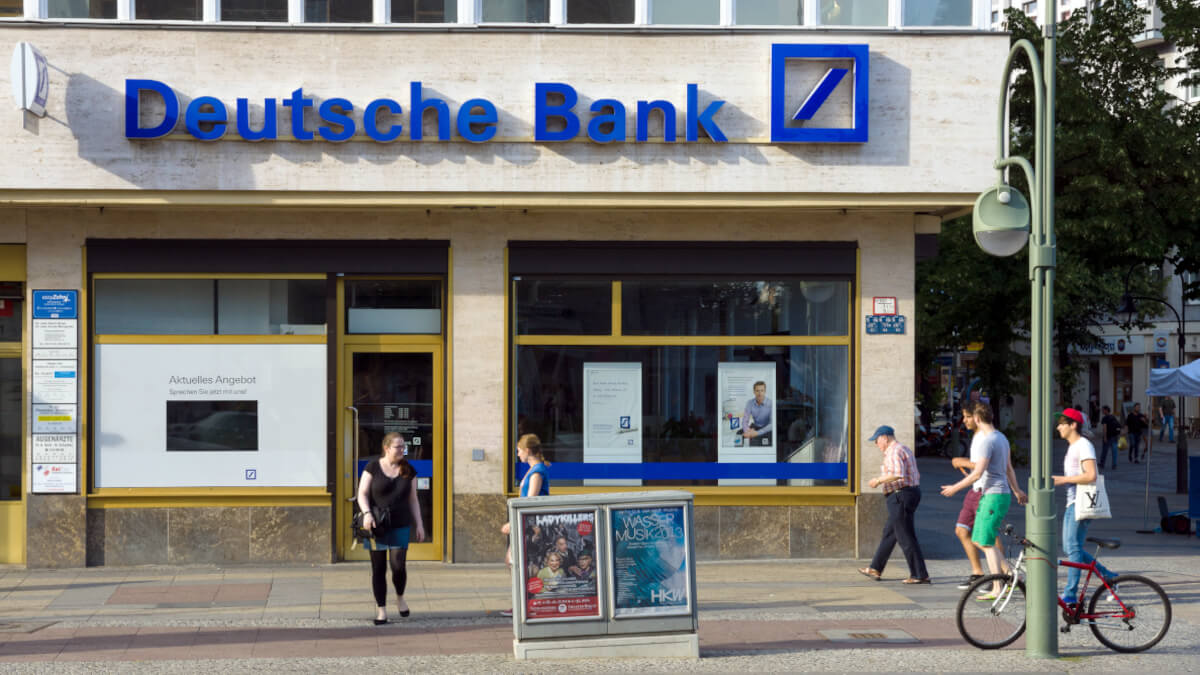
Middle Eastern wealth funds, with more than $4 billion in assets, have gained prominence in global trading. That amount equates to more than 50% of the deals that Gulf-backed investors have done in the first three quarters of 2024.
While investors are interested in the Middle East, China's bargaining power has declined overall. Ellingham mentioned that Middle Eastern sovereign wealth funds have abundant financial resources and interest in investing in Asia, taking advantage of declining competition, which allows them to acquire high-quality assets at extremely competitive prices, even below market price, in areas such as healthcare and commodity trading.
According to Kenneth Hui, a member of the Hong Kong Monetary Authority, Middle Eastern sovereign wealth funds invested around $2.3 billion in the Chinese market last year.
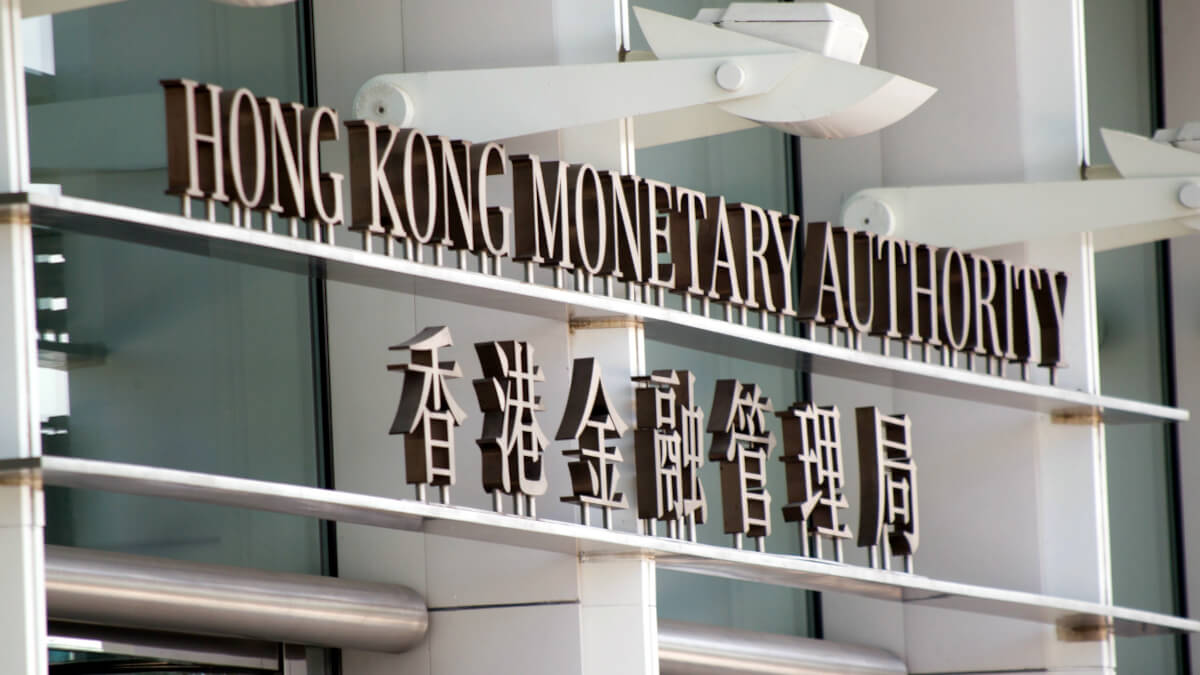
Political relations between China and the Middle East have strengthened, with Chinese Premier Li Qiang recently announcing his country's readiness to expand cooperation with Saudi Arabia in sectors such as oil, gas, petrochemicals, and infrastructure.
China has repeatedly encouraged its companies to venture into the Middle East in sectors such as renewable energy, information technology, communications, the digital economy, and sustainability. In the same vein, Chinese officials invited companies from the Arab world to facilitate and support new opportunities that can be generated through future partnerships. This would seek to take advantage of the great opportunities for business, growth, and expansion in the Arab market.
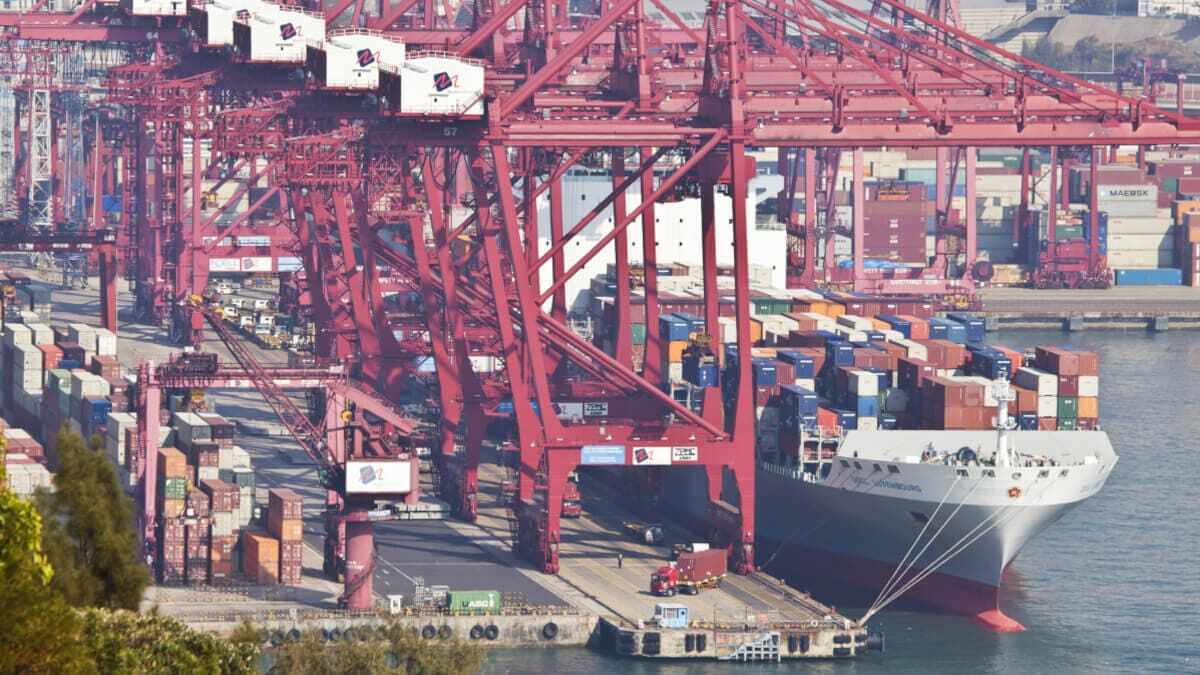
In the case of Hong Kong, which relies heavily on Chinese listings and funding from the US and Europe, increased interaction with Middle Eastern investors will be a boon to its economy. According to Louis Lau, a partner in KPMG's financial consulting group in China, diversification of investment opportunities and funding sources is crucial.
Similarly, Ho-Yin Lee, co-manager of Citigroup's Asia Technology and Telecommunications Investment Banking Department, mentioned that major private entities in the Middle East are interested in investing in leading Chinese companies that are open to collaborate in their respective sectors.
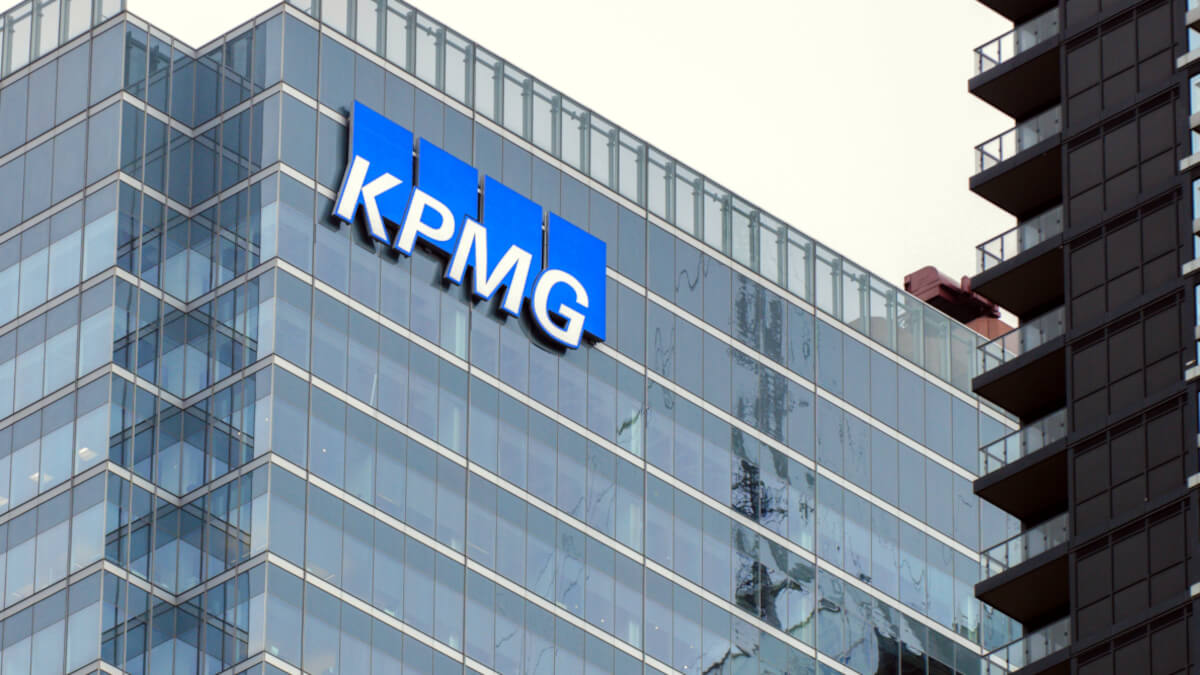
According to Samuel Kim, geopolitical tensions have not stopped Middle Eastern sovereign wealth funds from investing in China. Kim is Deutsche Bank's head of mergers and acquisitions for Asia-Pacific. Kim, who is Deutsche Bank's managing director in South Korea, said Middle Eastern funds were key to several acquisitions.
China is looking to expand its economic presence in the Gulf region by diversifying its investments. Saudi Arabia and other countries are working more on diversifying their economy away from oil and focusing on areas such as clean energy, industries, technology, tourism, and sports.
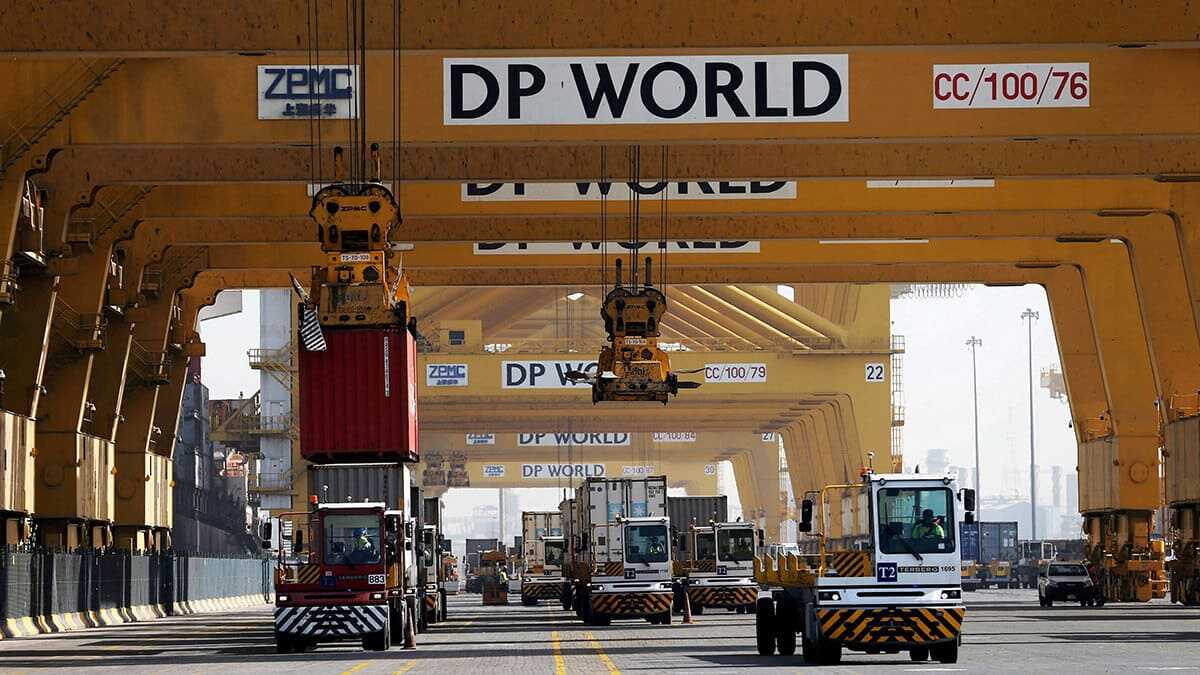
Simon Rahimzadeh, a partner at Ashurst in Dubai, plans to gear his investment strategies in countries such as China towards reshaping economies for the long term. He noted that some sovereign wealth funds invest in companies that want to grow in the Middle East, encouraging the sharing of knowledge and expertise.
However, the growing investment in China is beginning to have consequences. Joe Biden's administration is already investigating Middle Eastern funds that have deals with the US for suspected ties to Beijing.

